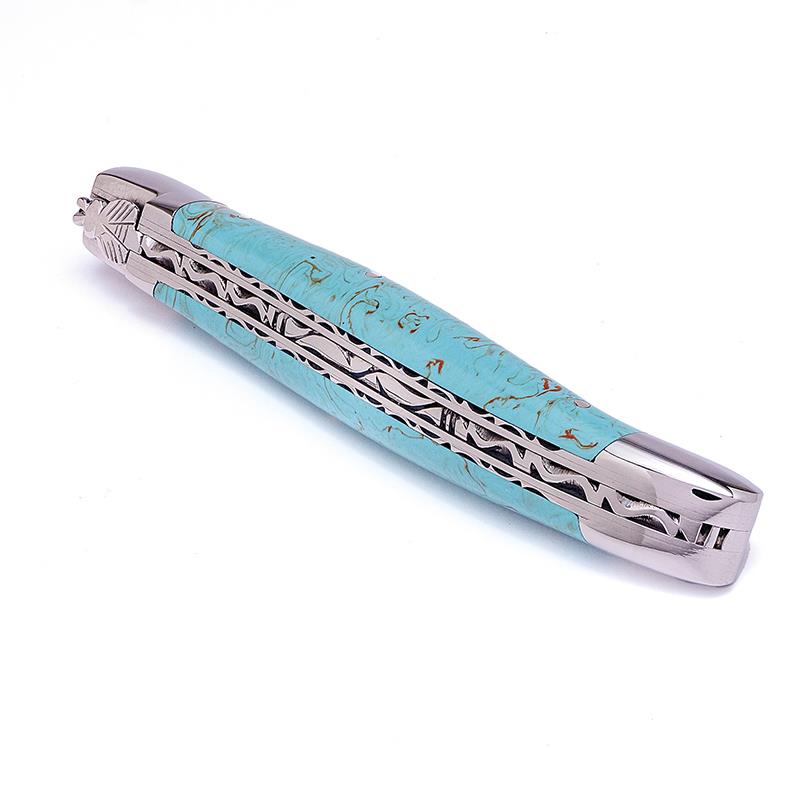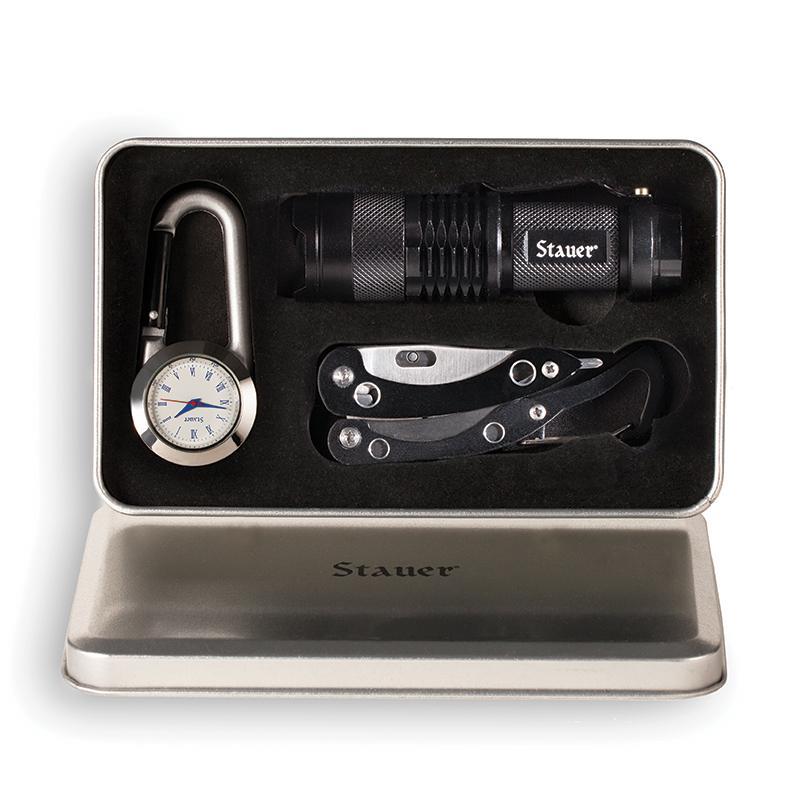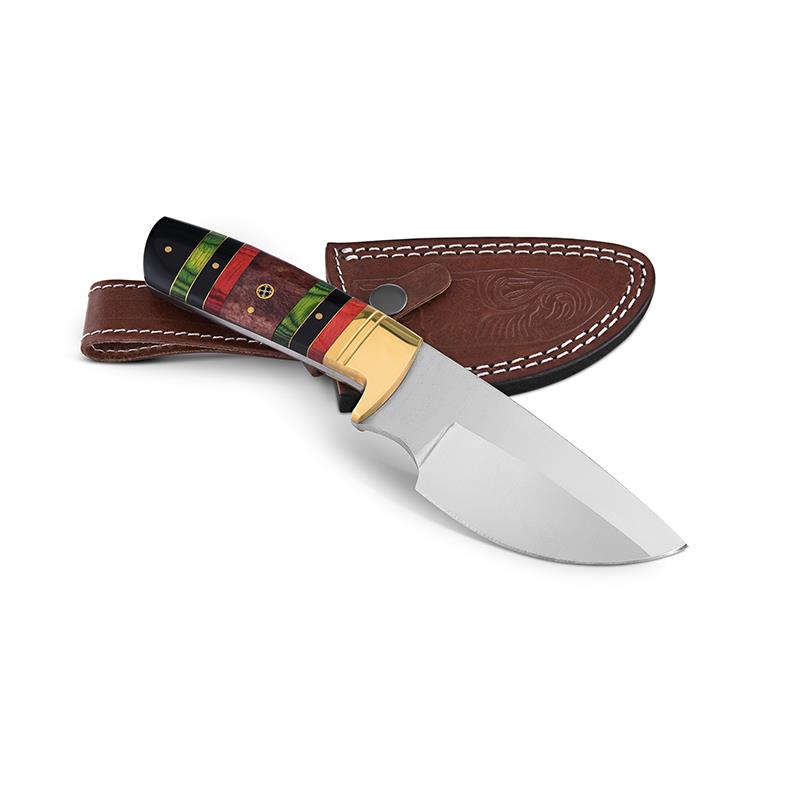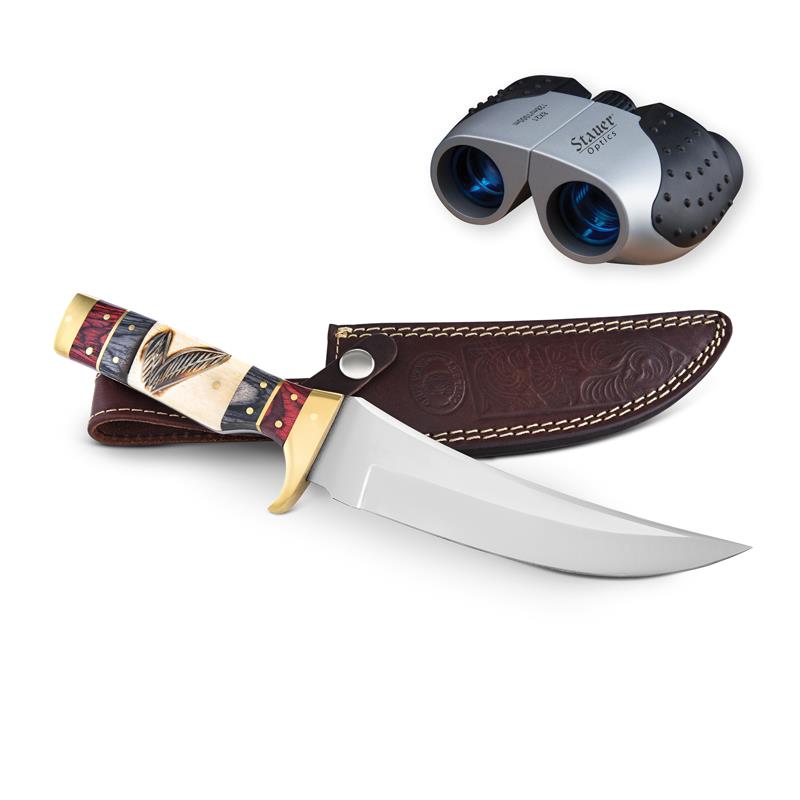The Stauer Satisfaction Guarantee

Examine your purchase in the privacy and convenience of your own home or workplace, knowing that it comes with a 30-day return privilege* for a refund of the purchase price of any item returned.
(Excludes shipping, handling and insurance).
*Unless otherwise noted






